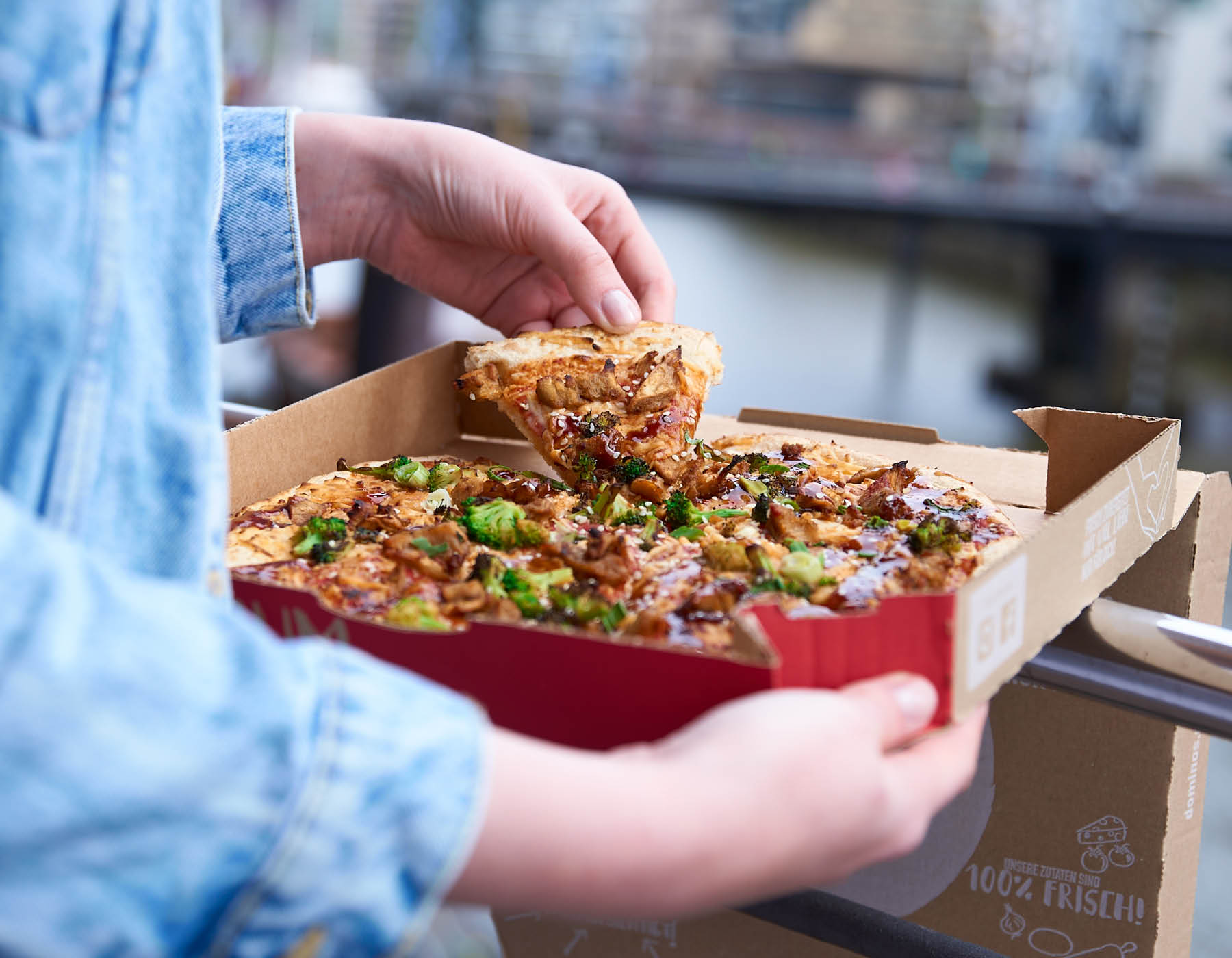Delivering in Tough Times: Alexander Tauer
As the COVID-19 pandemic impacted businesses everywhere, Domino’s Deutschland COO Alexander Tauer focused on the core consumer experience.
Few businesses were prepared for a global pandemic, with many firms still dealing with the fallout that such a major event caused. Other enterprises had the vision to view changes caused by the COVID-19 pandemic as an opportunity to refocus their operations to meet customers wherever they are.

For Alexander Tauer, COO of Domino’s Deutschland, the government-mandated closure of in-restaurant dining led him to embrace change and adapt quickly to the new environment.
"We can shine because we were born as a delivery business 60 years ago," he tells The CEO Magazine. "The COVID-19 pandemic made us stronger than ever as we said, ‘OK, we need to shut down those couple of sit-in options we have, but now we can focus on driving our delivery business’, and we brought that up from one record to another."

The biggest opportunity coming out of those two years was the ability really showcase our franchisees.
In the early stages of the pandemic, Tauer and his team made the decision to invest more in cutting-edge technology and digitalization. The essential parts of this strategy were focusing on the core customer experience, specifically around launching a new app that made the purchasing process for customers easier and speeding up the ordering process.
As other companies were closing restaurants and shops, Domino’s Deutschland franchisees were opening new locations. Typical staffing issues weren’t a problem, due to the fact that many people had lost their jobs and were looking for new roles.
"The biggest opportunity coming out of those two years was the ability really showcase our franchisees, saying to them, ‘Hey, we are a safe haven for you. You are in the right business. You are with the right company’," he adds.
Delivery first
Domino’s Deutschland remains a delivery business at its core. To lead in that space, Tauer and his team focus on one key measurement: net promoter score (NPS).
"This score answers questions like ‘Do we have fans of our brand?’ All of what we do, on both the operational side and the marketing side of the business, pays into the NPS," he says.
In an operating system with its fair share of challenges, including rising inflation and major competitors, Domino’s Deutschland has gained a competitive edge thanks to a close adherence to its slogan "Slow, where it matters. Fast, where it counts". In practice, this means heavily investing in in-store technology and ensuring drivers are as safe and quick as possible delivering to customers.
"Our ovens currently have a run-through time of five minutes. We are now experimenting with new oven types that are even faster. In our world, every minute less is magic," Tauer says.
Massive advancements have already been made when it comes to pizza delivery at Domino’s Deutschland, such as the new app, with improvements being made that help speed up delivery. It has also created Club 184.5, an initiative that aims to get pizzas delivered within 18 minutes or less and achieve an average rating of 4.5 out of 5 from customers.
Tauer is acutely aware of the importance of embracing future-focused technologies. A broad range of innovations, including robot delivery, are being considered by Domino’s Deutschland.
"At one point in the really far future, where everybody is ordering something online and there may not be enough humans to deliver all of that, you need to focus on what the new delivery market will be," he explains.
Supplier transparency
With the main ingredients for Domino’s Deutschland being wheat, cheese and tomato sauce, solid partnerships with suppliers built on transparency and honesty are essential for providing customers with the quality they expect. Thanks to long-lasting relationships, Domino’s is able to offer best-in-class products, even when supply chain issues cause problems.
During the pandemic, when many resources became hard to source, these relationships helped Domino’s Deutschland to stabilize and secure stocks. Today, with high levels of inflation, many businesses are facing up to low stock levels or extremely high prices for goods. But the company has thrived at a challenging time as a direct result of long-standing relationships.
"This is the ultimate proof that the relationship we have with our suppliers and logistics partners is very healthy," he adds.
It can’t be the case that we are working with a supplier who doesn’t treat their people fairly.
When working with suppliers, Domino’s Deutschland is committed to placing sustainability at the center of its conversations. While it invests in its fleet to make it as environmentally friendly as possible, suppliers are a huge element of its overall carbon footprint.
"We always look at suppliers and say, ‘Are you hitting those CO2 emission targets? Where is the product sourced? Is it sustainably sourced? How do you treat your people?’ It can’t be the case that we are working with a supplier who doesn’t treat their people fairly," he adds.
Future Focus
Restaurants and fast-food retailers have been forced to increase prices due to inflationary pressures, leading to some of the more price-sensitive customers to stop ordering as many pizzas as before. Domino’s Deutschland has a goal over the next 18 to 36 months to get these orders back.
"What we always say is a thousand orders and a thousand stores – these are our two magical numbers," Tauer says. "Because if we reach 1,000 orders a week on a constant week-by-week basis, then our business is flying and our franchisees are having this new hunger to invest into the business."